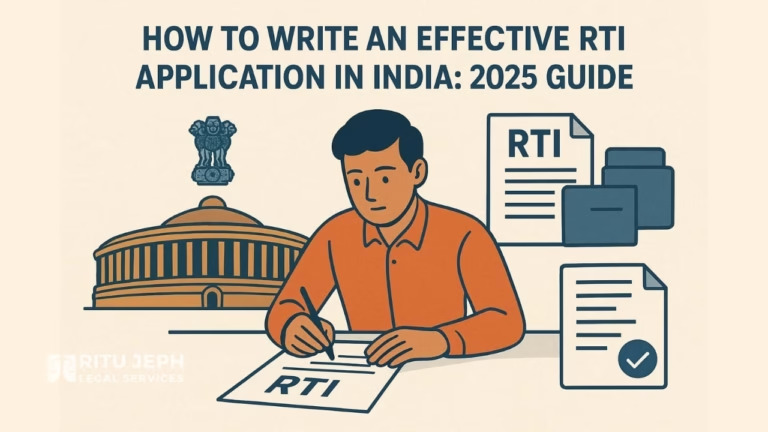Book Appointment Now

Indian Startups and Entrepreneurship Policies: A Comprehensive Review
Indian government promoting entrepreneurship & innovation through policies like Startup India, Atal Innovation Mission, and NAPS. NAPS aims to enhance youth employability skills and has been successful in increasing apprenticeships and Indian Startups.
Indian startups have emerged as one of the fastest-growing startup ecosystems in the world, and the Indian government has been actively promoting entrepreneurship, Indian Startups and innovation in the country. In recent years, the government has introduced several policies and initiatives to support the growth of startups and entrepreneurship. In this article, we will take a comprehensive look at the recent developments in Indian startup and entrepreneurship policies and explore the National Apprenticeship Promotion Scheme (NAPS) in detail.
Startup India and Other Key Policies
The Startup India initiative, launched in 2016, has been a key driver of the Indian startup ecosystem. The initiative aims to provide a conducive environment for Indian startups to grow and succeed in the country. The government has introduced several measures to support startups, such as simplifying regulatory procedures, providing tax benefits, and setting up startup incubators and accelerators.
ALSO READ: Fair Advertising Practices: Supreme Court Targets FMCG and Drugs Companies
Another key policy that has been introduced is the Atal Innovation Mission (AIM) under the NITI Aayog. AIM aims to promote innovation and entrepreneurship among students, researchers, and entrepreneurs in India. It has set up Atal Tinkering Labs in schools across the country, which provide students with access to advanced equipment and tools to build prototypes and learn innovation skills.
The government has also launched various schemes to provide financial support to startups, such as the Startup India Seed Fund Scheme, which provides financial assistance to startups in their initial stages. The fund has a corpus of INR 945 crore and is expected to benefit around 3,600 startups over the next four years.
Recent Developments in Indian Startups Ecosystem
In March 2021, the Securities and Exchange Board of India (SEBI) introduced the Innovators Growth Platform (IGP), which is a special platform for startups to list and raise funds from the market. This platform is expected to provide an alternative to traditional fundraising methods, such as venture capital and angel investments.
The Indian government has also been supporting the growth of startups in various sectors, such as healthcare and agriculture. The Ministry of Electronics and Information Technology (MeitY) launched the Digital India AatmaNirbhar Bharat Innovate Challenge to promote innovation in the areas of agriculture, healthcare, and education. The challenge received over 7,000 entries, and 20 winners were selected for funding and support.
ALSO READ: What to Do if Your Employer Doesn’t Pay Your Salary: Understanding Your Rights under Indian labor laws
National Apprenticeship Promotion Scheme (NAPS)
The National Apprenticeship Promotion Scheme (NAPS) was launched in August 2016 by the Government of India with the aim of promoting apprenticeship training and enhancing employability skills among the youth. The scheme is administered by the Ministry of Skill Development and Entrepreneurship (MSDE) and aims to train 50 lakh apprentices by 2020.
Under the NAPS, the government provides financial incentives to employers who engage apprentices for training. The employers can claim reimbursement of 25% of the stipend paid to the apprentice, subject to a maximum of Rs. 1500 per month per apprentice. Additionally, the government provides reimbursement of 50% of the cost of basic training for the apprentice, subject to a maximum of Rs. 7500 per apprentice.
The NAPS has been successful in increasing the number of apprenticeships in India. According to the latest data from the MSDE, over 4.5 lakh apprentices were enrolled under the scheme in 2019-20, a significant increase from the 1.45 lakh apprentices enrolled in 2015-16.
Conclusion
The Indian government has been consistently championing entrepreneurship and fostering innovation within the nation by implementing a range of policies and initiatives. These progressive steps have paved the way for a conducive climate that enables startups to flourish and prosper in India. With the ongoing evolution of the startup landscape, we can anticipate further governmental actions aimed at bolstering the growth of startups and entrepreneurial endeavors within the country. The National Action Plan for Startups (NAPS) stands as a noteworthy exemplar of this commitment.
[/et_pb_text][/et_pb_column][/et_pb_row][/et_pb_section]



